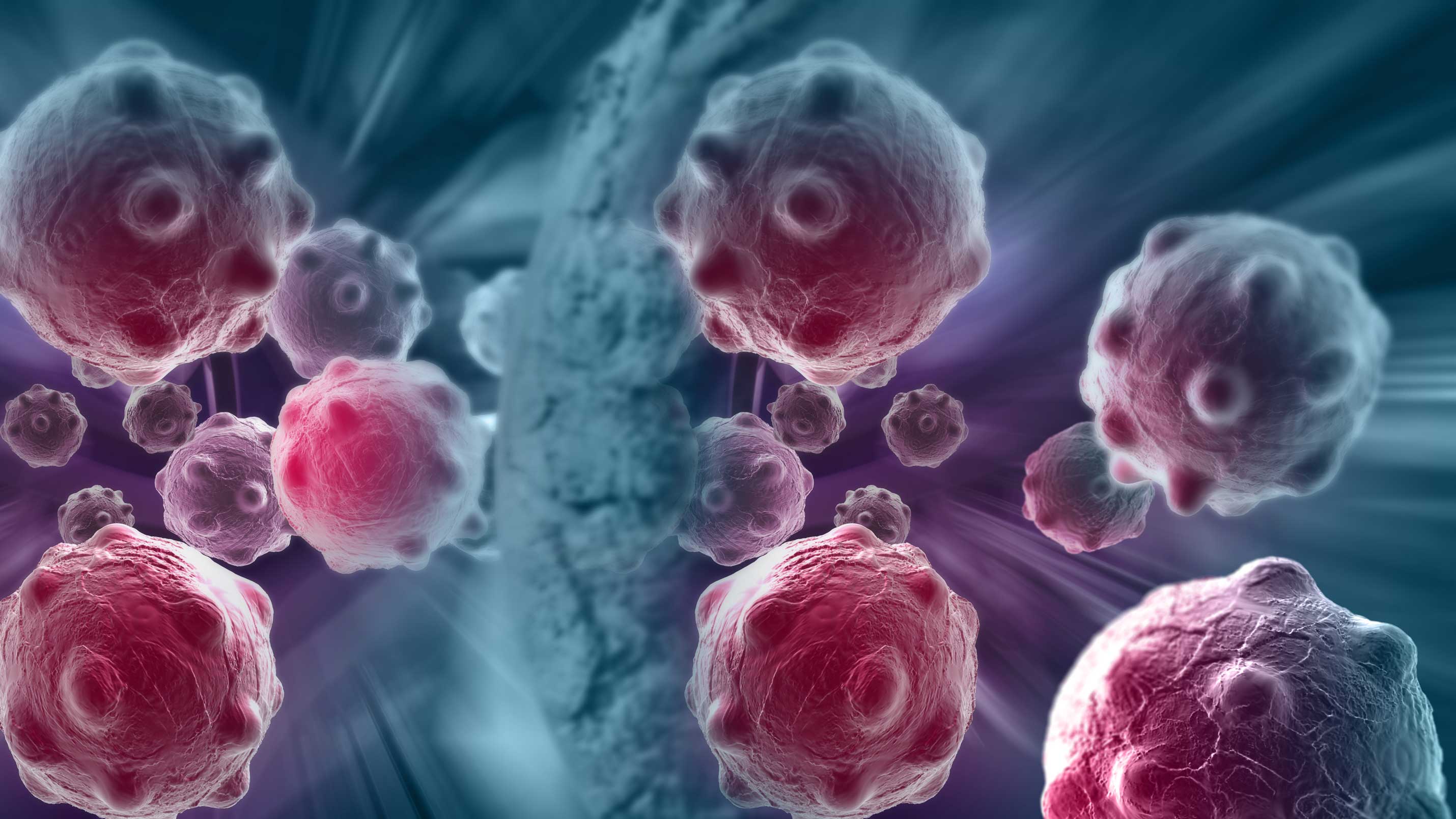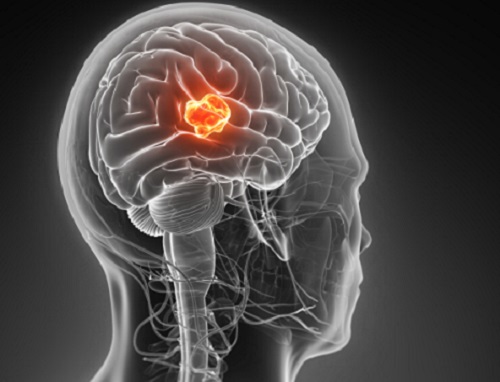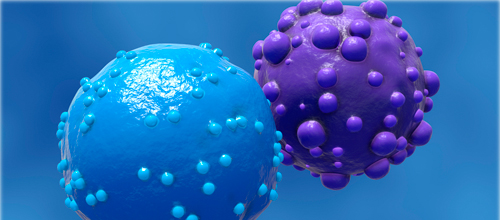March 2, 2018 (Medical News Today)
At present, the most common types of treatment for cancer – the leading cause of death – are chemotherapy, radiation, surgery, and hormonal therapy, for cancers of the prostate and the breast(s). This article provides readers with information about other forms of treatment that are on the rise and meant to be more effective in treating cancers all while limiting the harsh side effects that often accompany trying to wipe out cancer cells.
Immunotherapy
Some cancers are so dangerous because they are able to either outsmart the immune system or use the immune system as a way of helping cancer become more resistant to treatment. Scientists are now, however, discovering ways to possibly “deactivate” the protective system of cancer cells thanks to the mechanisms of macrophages, a type of white blood cell.
Vaccines & Viruses
Therapeutic viruses and groundbreaking “vaccines” are also on the rise as potential powerful weapons in the fight against cancer. For example, in brain cancer, experiments have shown scientists that using a reovirus was able to attack brain cancer cells while leaving healthy cells unharmed.
Nanotechnology
Nanotechnology has received a lot of attention as a cancer therapy because of its abilities to deliver precise, effective, and less invasive methods of attacking disease by specifically targeting cancer while also leaving healthy surrounding cells untouched and unharmed.
Tumor Starvation
In the case of very aggressive and treatment-resistant cancers, scientists indicate that “tumor ‘starvation’ strategies” could destroy such cancers. These strategies work by “starving” tumors of the nutrients they would need to grow and spread.
Epigenetics
Since, according to research, many cancers are determined by epigenetic factors, understanding where to intervene and what genes to “switch” on or off is very important for stopping cancer progression.
Cancer types vary immensely from one person to another. That is why whether or not a cure for all types of cancers will exist is the topic of much debate. While there are many new promising treatments currently being studied, they are all in very early clinical stages and the certainty of their effectiveness in a wide range of patients is not clear. However, these treatments should give us a sense of hope in improving outcomes of people with cancer.




